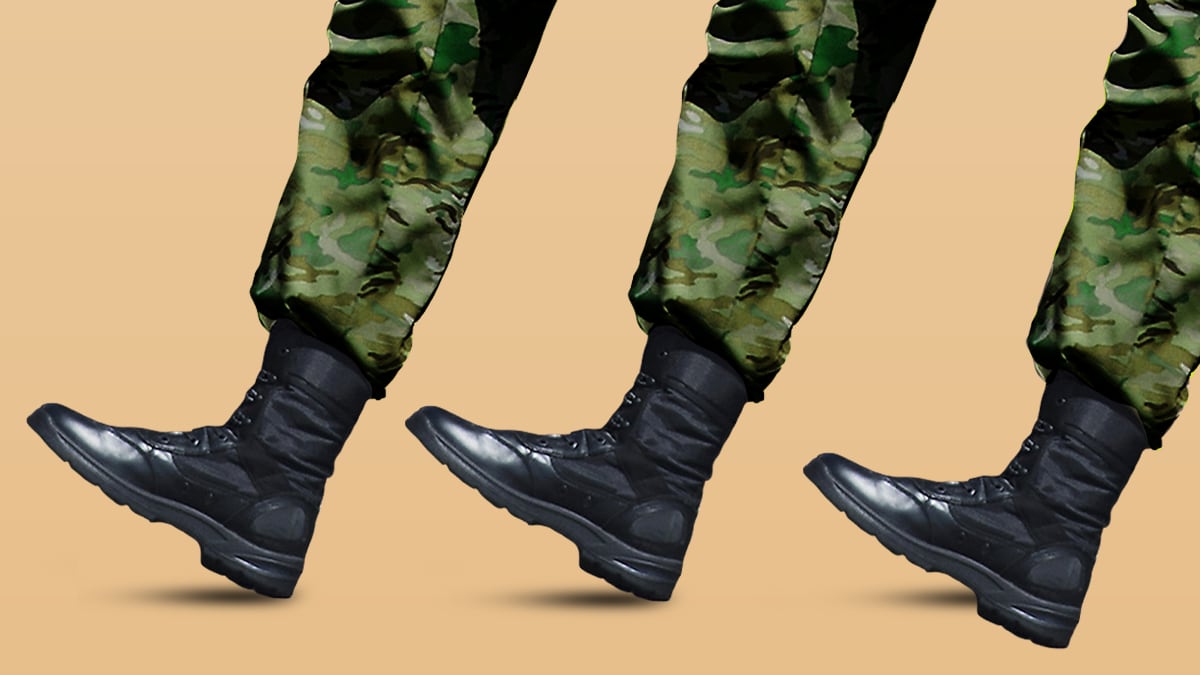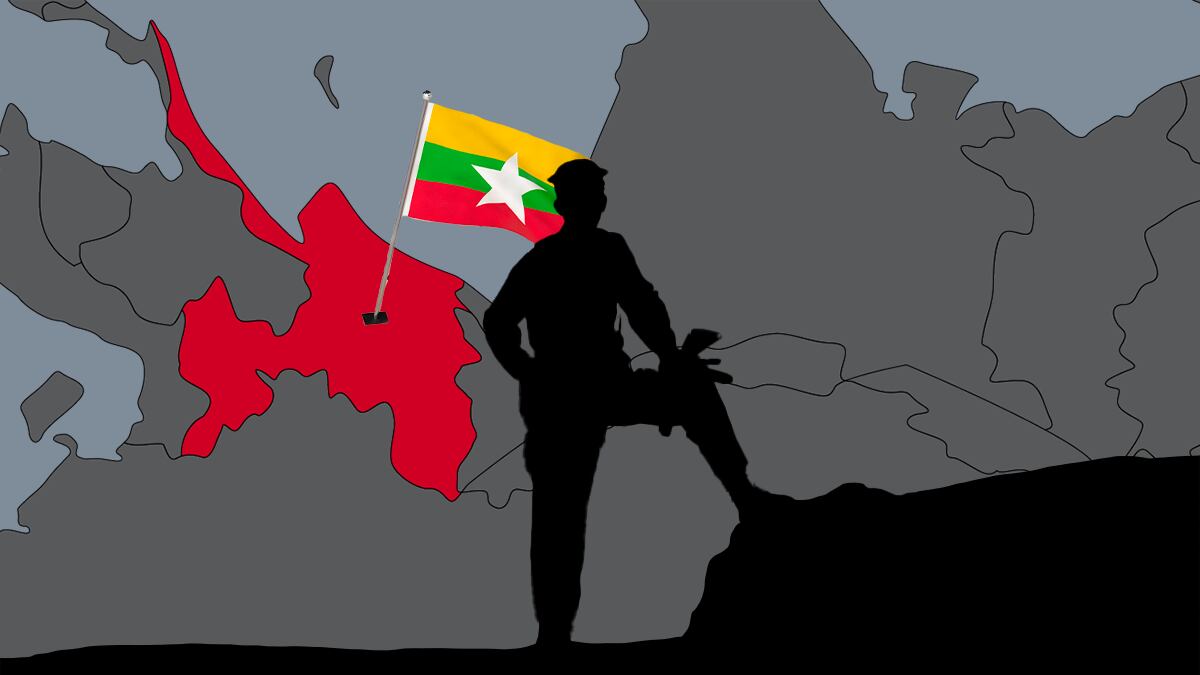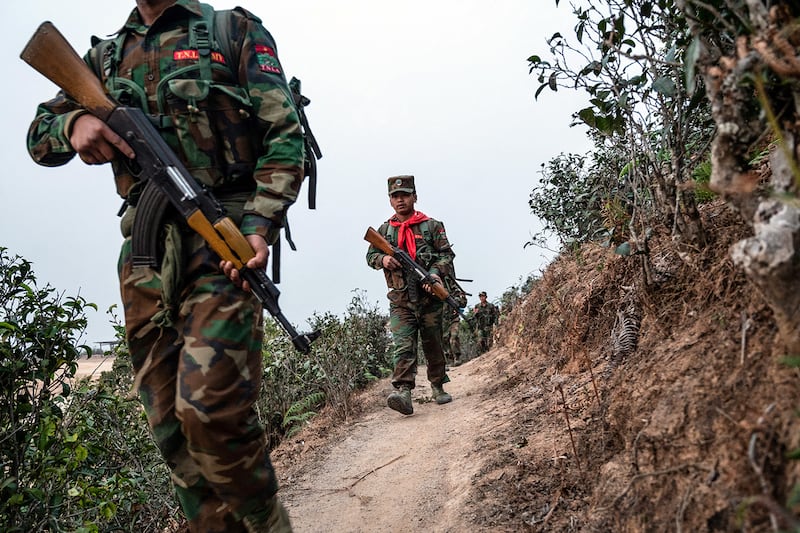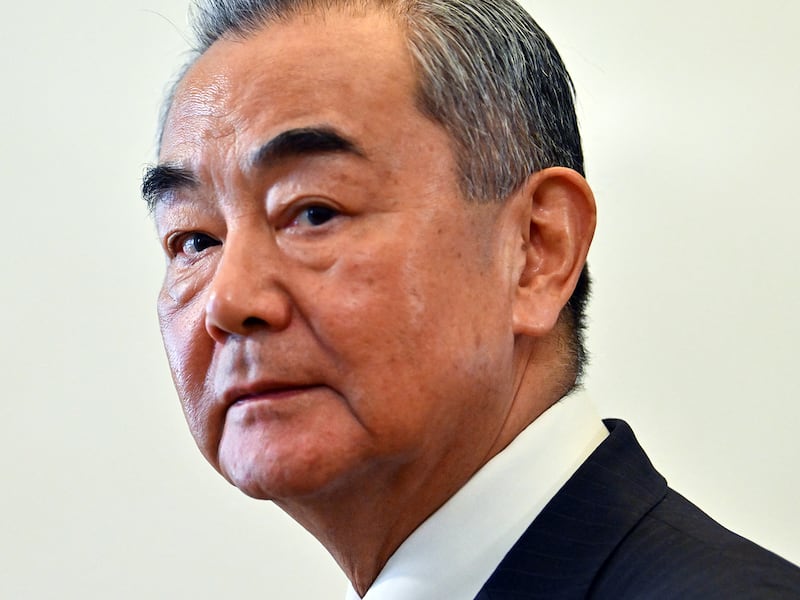They not only work regarding battlefield operations, but also offer knowledge and strategies on how to attack and defend in different types of conflicts.
BYMARTHA GARCIA
DECEMBER 6, 2023
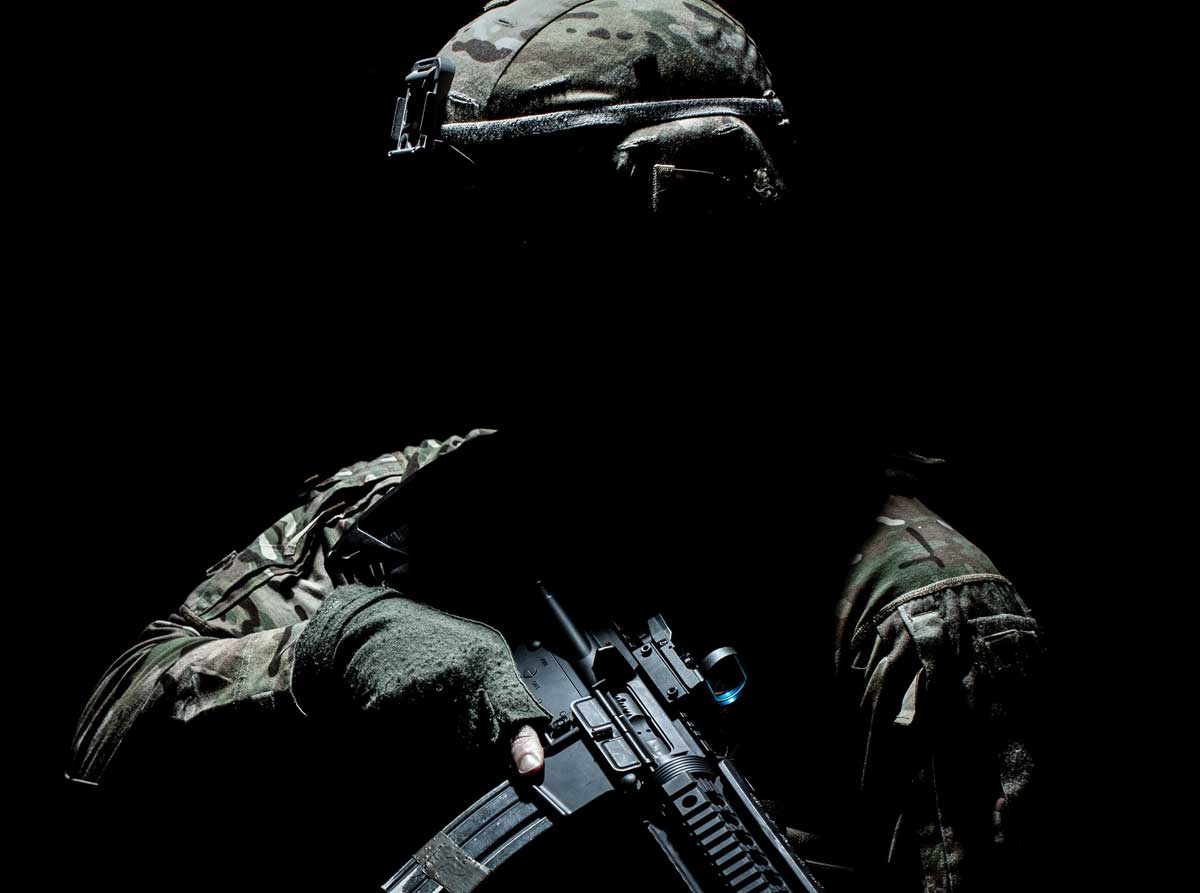
The private security industry mostly entails Private Military and Security Companies (PMSC) which offer military services all around the world to national governments, international organizations and non-state actors in exchange for monetary profits. They engage in various activities, from conducting small training missions to deploying combat units comprising several hundred trained soldiers armed with some of the best weaponry, including tanks and attack helicopters. However, they not only work regarding battlefield operations, but also offer knowledge and strategies on how to attack and defend in different types of conflicts.
For most of the 20th century, the privatization of war was not a viable option and nearly all of the use of military power was restricted to state agencies, yet the Cold War changed it all. By the end of 1991, the market was full with military specialists and armament with no immediate use anymore. Additionally, several small-scale wars and civil armed conflicts erupted around the globe, mainly in Africa. Consequently, Private Military and Security Companies gained strength and became popular. Companies from the U.S. and United Kingdom, such as Sandline International, even gained popularity worldwide. Today, more than 150 private military companies exist and offer their services in around 50 countries. The size of the industry is quickly evolving: by 2020, 223 billion dollars worth of services were sold; an amount estimated to double by 2030.
Within this framework, many politicians and government officials seem to support the precision and effectiveness of PMSCs, but there are still a lot of questions that need to be answered and situations to be acknowledged for this to be true. For starters, Private Military and Security Companies are bound by the laws of the country where their operations are established. Nonetheless, the legality of their actions becomes a subject of scrutiny when they operate in regions beyond their home country. Some of these companies are no strangers to violating international humanitarian and human rights laws, as long as they meet the needs of their clients so they can get paid.
For example, in 2004 muslim prisoners from Abu Ghraib prison in the hands of personnel from the United States’ contractor CACI International were brutally tortured; soldiers even took pictures with the detainees making fun of them. Despite that, CACI International received no punishment, asked the accusers for a refund due to legal expenses, and continued to carry out contracts with the U.S. worth 23 million dollars. In the same context, the privatization of the United States army itself is a confusing and concerning issue. There are no concrete laws still, hence, it is difficult to prosecute those who commit crimes; and even so, it is rarely done. In 2019, it was reported that around half of the Department of Defense allocations were spent in paying private contractors. In like manner, it is widely unknown the backgrounds, context, locations and activities of Private Military and Security Companies even though they outnumber soldiers. On numerous occasions, there were several PMSCs active in Iraq and Afghanistan, at the same time employing over 200,000 private contractors’ personnel. These contractors originated from various countries, including Nepal, Serbia, South Africa, Fiji, Chile, and nearby nations in the Middle East. Limited information was available regarding their past training, employment background, or criminal records.
Likewise, another concerning inquiry is the known employment of mercenaries by PMSCs as soldiers and strategy personnel. The international market for mercenaries and private military contractors is exceeding 100 billion dollars, and discerning a clear difference between the two is becoming more and more difficult every time. Mercenaries are more powerful and organized than state officials would like to admit. Nowadays, groups of mercenaries are called private armies and they possess the same skill set as PMSCs; the main difference is who they agree to work for, but even then there is no clear line. As a result, in April of 2005, the United Nations came up with Resolution 2005/2 on the use of mercenaries within armies or as soldiers. The document urges all states to be vigilant regarding the employment of mercenaries done by private companies offering international military consultancy and security services. Also, in September of 2008, the Montreux Document was published by Switzerland and the International Committee of the Red Cross with recommendations so states can regulate PMSCs properly.
As a case point, Sierra Leone is one of the countries with the most negative consequences due to the intervention of Private Military and Security Companies. This case study demonstrates how self-interested the private security industry truly is. Executive Outcomes and Sandline International were both involved in the civil war of the country, which took place from 1991 to 2002, employed by the government. Their operations were executed on the beliefs of working regarding seven sectors: competence, effectiveness, flexibility, field cooperation with regular forces, cost efficiency, impact on national military and political control over contractors. The government wanted to fight off rebel forces, nevertheless, the methods employed and taught by the private sector personnel and soldiers were, questionable at best, inhumane at worst. Serious ethical concerns were signaled by those involved in the armed conflict, but what caused the most commotion was the use or mercenarism. Mercenaries fought against rebel groups as part of the PMSCs soldiers, and paramilitary groups as well. So much so, that some scholars even called and referred to PMSCs at the time as mercenary companies.
Partially, due to what happened in Sierra Leone, and many other countries around those years such as Papua New Guinea also with Sandline International involvement, the International Convention Against the Recruitment, Use, Financing and Training of Mercenaries was published by the United Nations (UN) in 2001. Even so, the United States, along with other nations possessing substantial military forces such as China and Russia, dismissed the characterization of Private Military and Security Companies’ activities as mercenary and refrained from endorsing and ratifying the convention. As a result, still today, the employment of PMSCs creates a situation where states can engage in otherwise illegal warfare activities, while assigning accountability for such actions to the growing private security industry. Private Military and Security Companies particularly those operating in Africa, continue to be implicated in several human rights violations.
Furthermore, Private Military and Security Companies, impose a huge challenge for international law and international relations. Most of international diplomacy bets for law prohibiting the use of force within international relations, but traditionally is only addressed to states. There is still no proper regulation for PMSCs as worldwide actors and their entire sector. The predominant trend is spearheaded by four countries, collectively constituting approximately 70% of the market: the United States, the United Kingdom, China, and South Africa. Correspondingly, the U.S. is home of the largest Private Military and Security Companies in the world, as well as a major client, and still, there is no individual law in the United States that comprehensively addresses the complete range of services provided by these companies. Therefore, American contractors often market their services overseas with minimal supervision. It is urgent for laws to cover the entire sector, but mainly three aspects of this industry: limitations and implications for contracting states (countries hiring PMSCs), territorial states (countries where PMSCs operate), and home states (countries where PMSCs are headquartered).
Private Military and Security Companies are becoming so relevant that even the United Nations have employed them. From 2012 to 2017, the UN self-reported a total of 166 million dollars paid for PMSCs services. The United Nations frequently justifies its dependence on PMSCs by pointing to gaps in both quantity and quality within traditional peacekeeping forces. It is believed that private military contractors’ services compensate for internal incapacities and these faults to be addressed by the expertise and efficiency of private companies. However, since there are no clear laws neither for PMSCs and international organizations’ relationship, this becomes dangerous, mainly by challenging the legitimacy of the United Nations within the international arena.
In nations such as Afghanistan and Somalia, the UN is cautious about depending on local police forces. Hence, the organization turns to PMSCs to safeguard its personnel and facilities, while helping with combat strategies. Regardless, this decision did not turn as expected, nor resulted as wished. Peacekeeping operations are starting to turn into a lobbying industry for military powers and civilians’ wellbeing is getting caught in the middle. Similarly, in 2011, the UN Department of Safety and Security began crafting a policy proposal that provides suggestions for adopting more responsible and unified contracting practices with Private Military and Security Companies. The extent to which this initiative, once completed, will find acceptance and support across the international organization remains uncertain.
Governments and international organizations or non-state actors frequently employ PMSCs motivated by factors like cost-effectiveness, flexibility, and the ability to tap into specialized expertise and advanced technology. This alters the distribution of military power, moving it away from conventional state-centric frameworks, thereby prompting worries about accountability and adherence to international standards. The increasing dependence on private entities adds intricacies to decision-making processes, potentially aligning state interests with corporate interests. Primarily, the services offered by these companies are distinct from any other industry. Comparable to firearms, they pose significant dangers and can be highly destructive when misused. For instance, the U.S., Russia, China, Turkey, and the United Arab Emirates have employed the private military industry to carry out ruthless regimes bypassing all legal restrictions. The rapid expansion and normalization of the use of PMSCs has allowed numerous bad actors to exploit it, as it essentially trades not just in weapons but also in knowledge. They offer a scapegoat for governments and non-state actors to surpass domestic and international laws to obtain their personal bidding. As a result, there is a dangerous gap and huge incomprehension regarding this evolving threat.

Martha Garcia Torres Landa has a bachelor's degree in International Relations at the Tecnologico de Monterrey University in Queretaro, Mexico. During her undergraduate degree she has specialized in conflict and peace studies. Likewise, she has taken several creative writing courses and workshops in both Mexican universities and abroad. Her research interests include feminism, social activism, World History and Human Rights.




